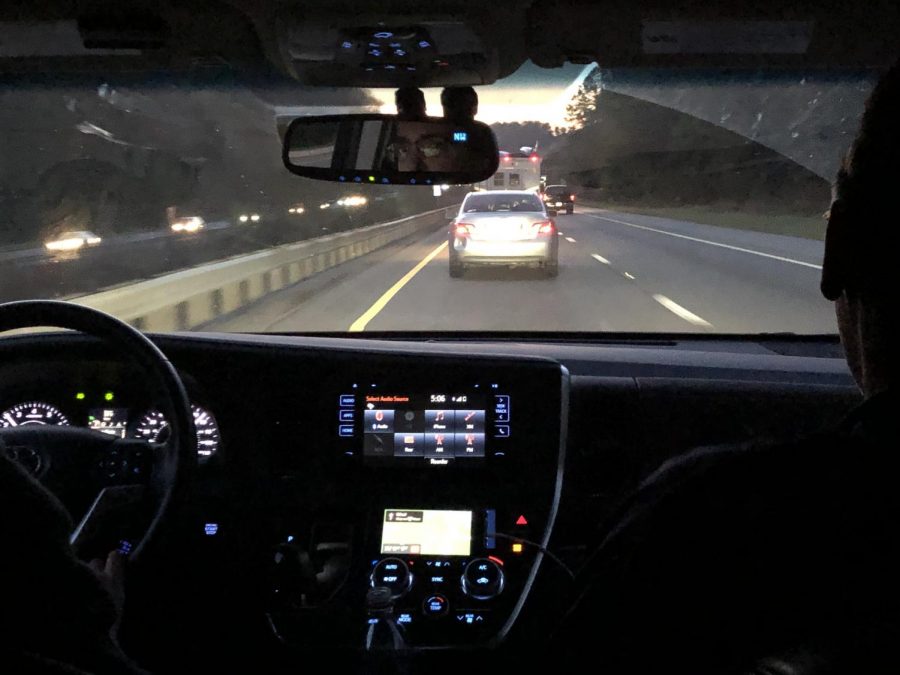Daylight-saving is a practice that was put into effect without any real evidence of its benefits, and instead, hurt the health of the people and childrens’ childhoods. Those effects could be corrected if the practice was simply abolished.
The origins of daylight-saving come from Germany in the early 20th century where they believed it would help their people deal with the changing sunrises and sunsets. To the Americans, they saw it as a way to decrease energy consumption in the 1900s.
However, that entire concept of it being an energy-saving measure is simply not true. Independent organizations have done studies on the consumption of the average American during the leap-ahead and leap-back. They have found no correlation between energy usage and the practice of daylight-savings.
Tom Smith, a local home owning resident in Moline said he has never seen a correlation of energy saving in his energy bills. Smith said, “My job makes it such that when I leave for work and come back, it is always dark. Which makes me probably use more energy because there is no sunlight at any time after work.”
Students do not pay attention to things such as energy bills, but they will notice if it starts to affect after school activities. Sophomore Tristian Wakefield participates in multiple sports throughout the winter which practice in the afternoon. Wakefield said, “The majority of my sports like soccer start before the sun sets, but after daylight-savings, I arrive in the dark which forces us inside for practice because of safety concerns.”
Problems also arise in students’ work from an hour earlier sunset times. Junior Sam Bares said, “I usually feel much more tired during the winter because of the extremely early sunset times which often affects the quality of my homework.”
National studies agreed with Barnes on his assessment as many show that people can get naturally depressed and have a sense of tiredness from earlier sunsets. The sense of depression and tiredness leads to much less getting done.
With the reasons for initially having daylight savings time proved wrong along with the negative effects associated with it, the entire country would be better off abolishing the practice. The process of removing it would have short term negative effects that would easily be drowned out by the positives in the following years.










